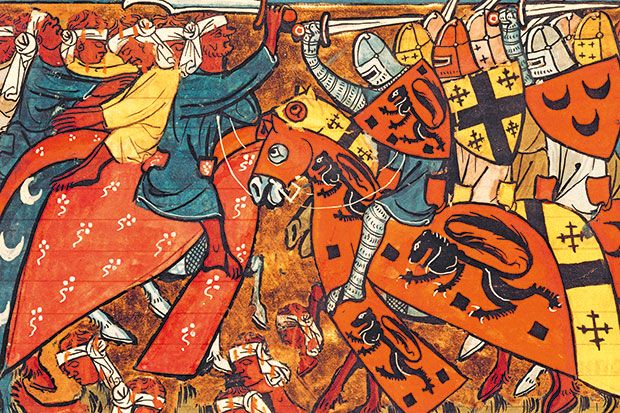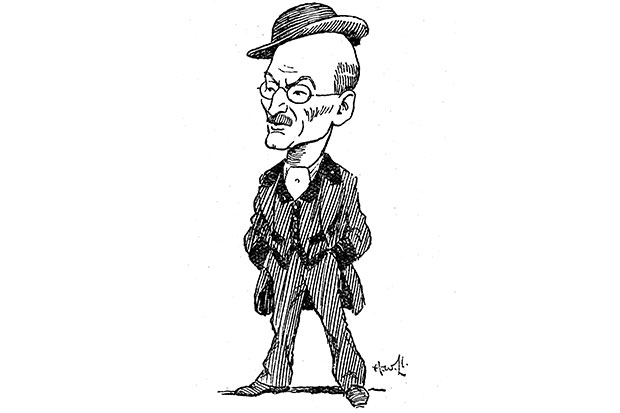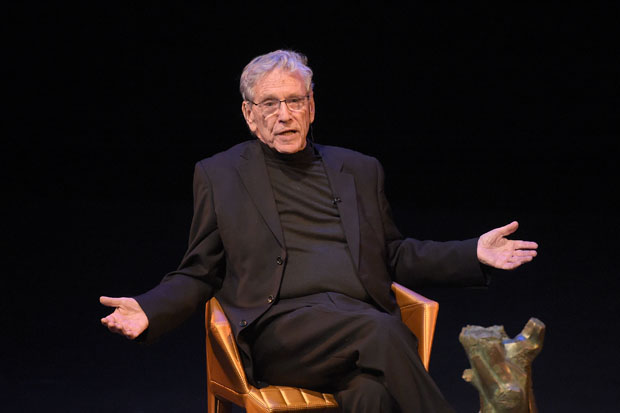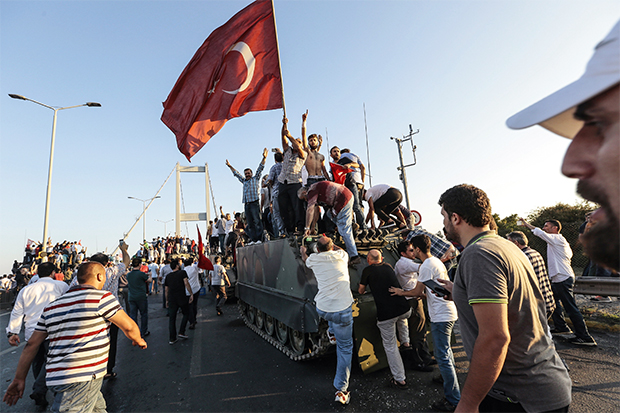The 12th-century crusader Reynald de Chatillon was one of the most controversial men of his time, and his new biographer Jeffrey Lee believes he has returned to disturbing relevance in ours. Over a relatively long life with a dramatically violent end, Reynald became Prince of Antioch by marriage, endured 16 years in a dungeon below Aleppo, attempted (uniquely in Islamic history) to raid Mecca and Medina, overturned the politics of the Crusader states, and became the bitterest enemy of Saladin.
Reynald probably could not read or write, but had he tried his bloodstained hand at Blairesque apologetic memoir, the result might well have resembled Lee’s book. Like Reynald, Lee possesses a memorable style, flashy and crass by turns. Like his subject, beside whom he fights with increasing loyalty, Lee is pragmatic, persuasive, unpredictable and fearless. And like Reynald’s career, Lee’s book is packed with enjoyably full-blooded episodes and details, but disastrous in its wider implications.
Lee, a former broadcast journalist unflustered by anachronism or cliché, with an endearing penchant for historical flash fiction, falls into a perilously widespread delusion from his wholly compelling opening onwards. He recounts the haunting story of a 2010 al-Qaeda bomb forestalled by Saudi counterespionage en route to Chicago, hidden inside a FedEx box addressed to ‘Reynald Krak’ (an allusion to Reynald’s final political role as Lord of Kerak).
The moral Lee extracts from this rather Reynaldian piece of attention-seeking is that ‘the Crusades live’. Here, at least, al-Qaeda and Isis agree with him. There will never be a chance of defeating and disenchanting Islamism while overexcited westerners bestow on their enemies the status they claim and covet: that of being one side in an unbroken, irreconcilable cultural clash.
This misconception recurs in an ugly conclusion which appears to congratulate Reynald for ‘inflicting deep wounds on Islam’ and so apparently ‘laying the foundations for western supremacy and turning the tide of history’. Such interpreters, whether sensationalising authors or terrorist propagandists, ignore the most important fact about the Crusades — that they were lost. A very long period of Islamic hegemony ensued, and only as that waned were Reynald, Saladin and co. disinterred, in inevitably warped and romantic forms, whether imperialist, nationalist or Islamist.
Leaving aside this fundamental problem, God’s Wolf is an often refreshing, occasionally necessary and always entertaining book. In terms of scholarly argument Lee owes and acknowledges a vast debt to Bernard Hamilton, the earliest prominent authority to take on Reynald’s daunting defence brief. Hamilton was reacting, as all Anglophone historians of the Crusades, whether or not they care to admit it, must, to the seductive influence of Steven Runciman. Where Runciman, in a phrase a stung Lee cites repeatedly, saw Reynald as ‘aggressive, unadapted and incomprehending’, Hamilton argued that there was a lot to be said for aggression, tactically speaking, if one happened to be a Crusader faced with Saladin. Lee takes up this line with evident glee. He profits from Hamilton’s remarkable case for Reynald as strategist, politician and diplomat, rather than ‘robber baron’ or ‘inveterate bandit’. With awe-inducing pluck he even describes his man as ‘the embodiment of the chivalric ideal’, and goes on to produce decent if casuistic evidence for this tease.
A dull revisionist can become a hagiographer, or just a debunker, denying the chronicled colour which is the lifeblood of medieval history. There is nothing saintly, dull or life-denying about God’s Wolf. Reynald’s deliberate excesses are lovingly delineated; the shock value that was his hallmark runs undiluted through its easy and personal chronology. Certainly Reynald’s foes become the author’s. Lee lays about him with some heartily deserved reassessments; Saladin, who is always at most risk of becoming boring as a western oriental gentleman, is convincingly painted as an opportunistic, cruel and cowardly chess master. Reynald’s old rival Raymond of Tripoli, in Runciman’s work and Ridley Scott’s film Kingdom of Heaven a charming and cultivated Cambridge Arabist, is called out as a blatant schemer, traitor and renegade.
Reynald, it becomes clear in Lee’s generous recourse to titillating primary sources, is one of those giants of history who may repel but can never be forgotten. Like Henry VIII or Oliver Cromwell, he has a viscerally distinctive tone of voice, at times vaguely akin to Christopher Marlowe’s godless Tamburlaine, as when he sneers to some Saracen captives: ‘Let your Muhammad set you free.’ Lee, gung-ho troubadour to this savage paladin, succeeds in catching that defiant ring with remarkable success.
The post The Crusades live appeared first on The Spectator.
Got something to add? Join the discussion and comment below.
Get 10 issues for just $10
Subscribe to The Spectator Australia today for the next 10 magazine issues, plus full online access, for just $10.
You might disagree with half of it, but you’ll enjoy reading all of it. Try your first month for free, then just $2 a week for the remainder of your first year.














Comments
Don't miss out
Join the conversation with other Spectator Australia readers. Subscribe to leave a comment.
SUBSCRIBEAlready a subscriber? Log in